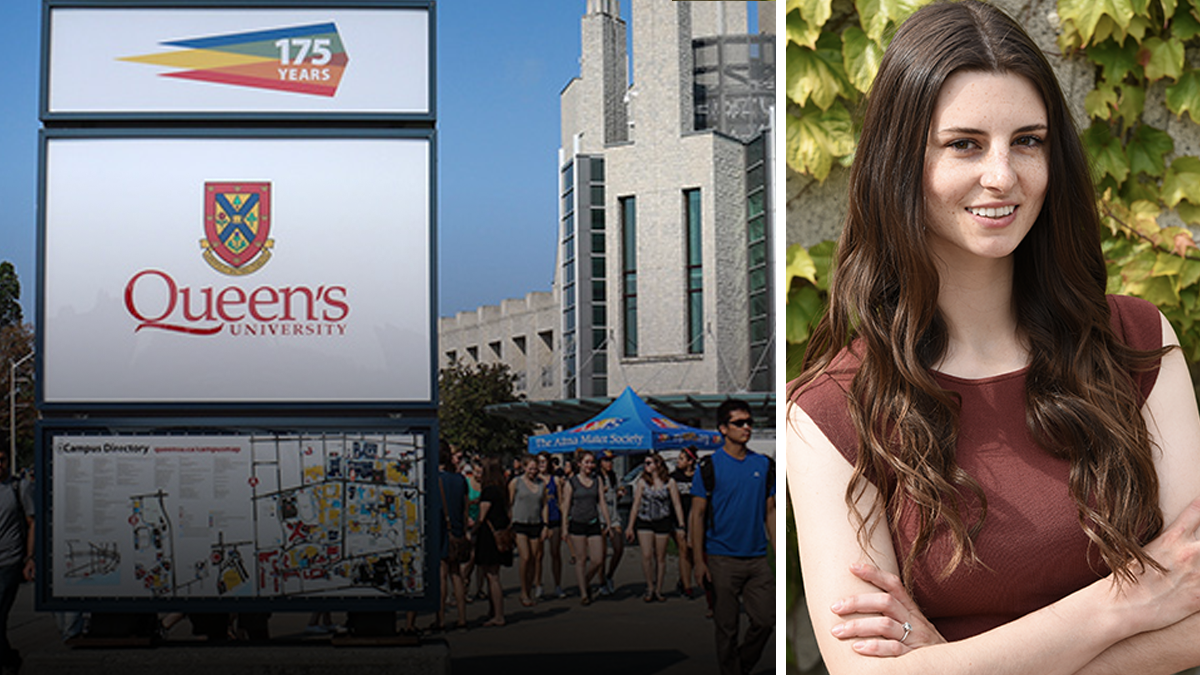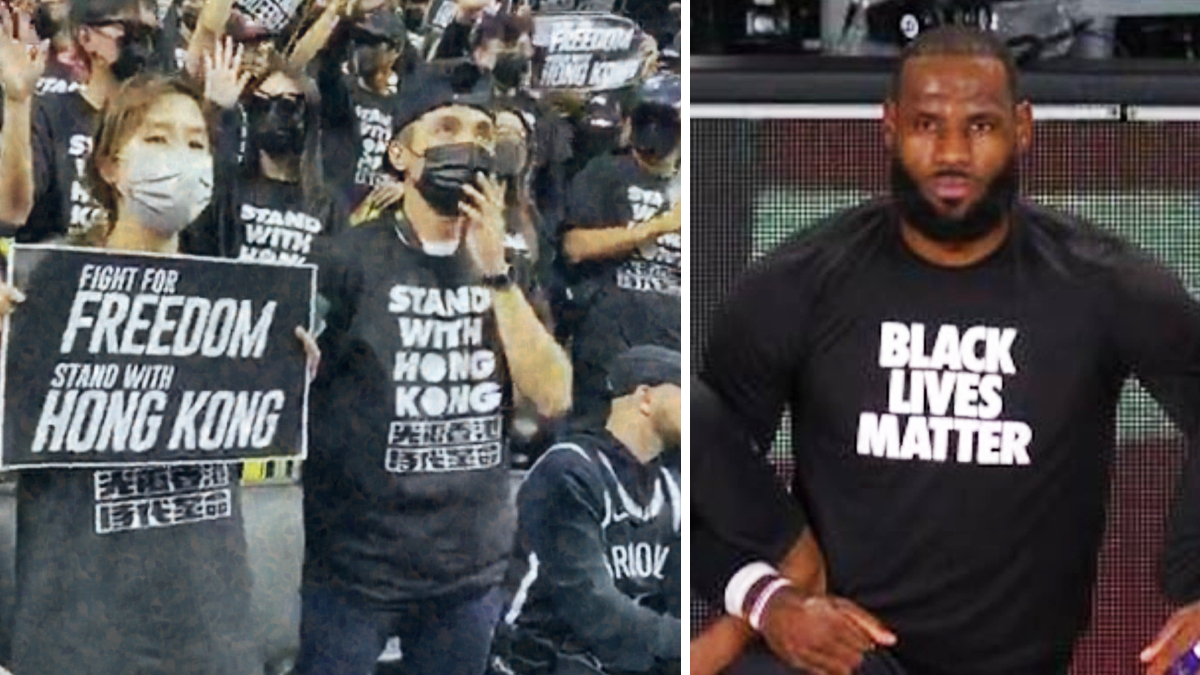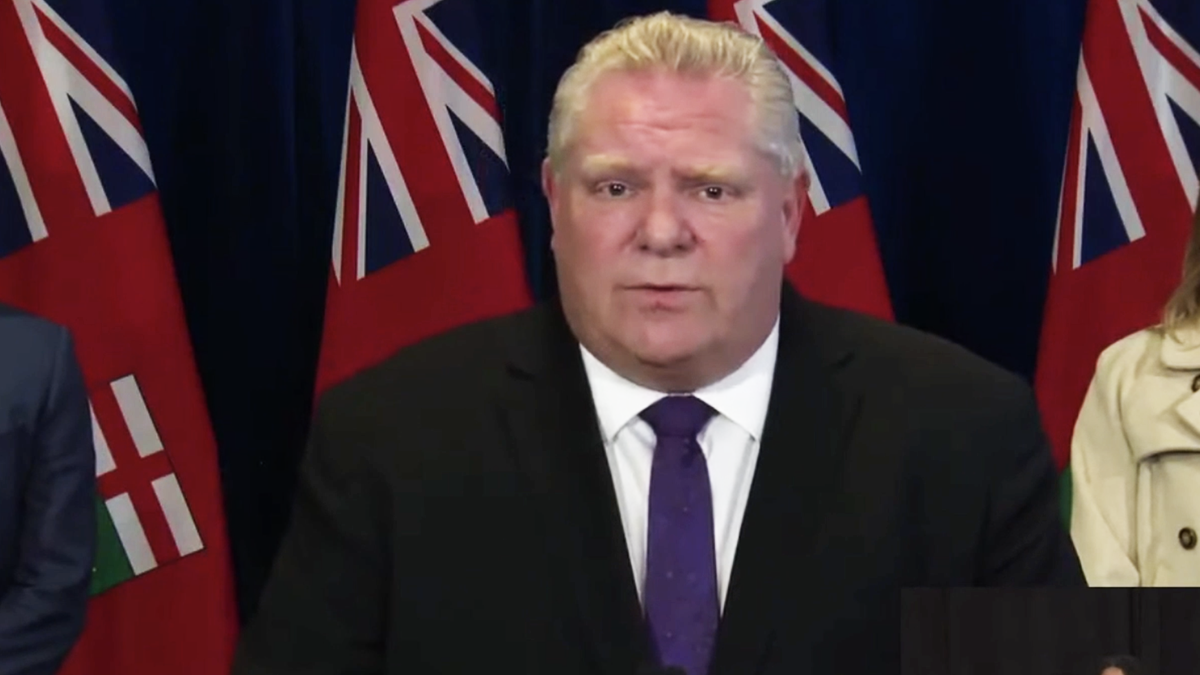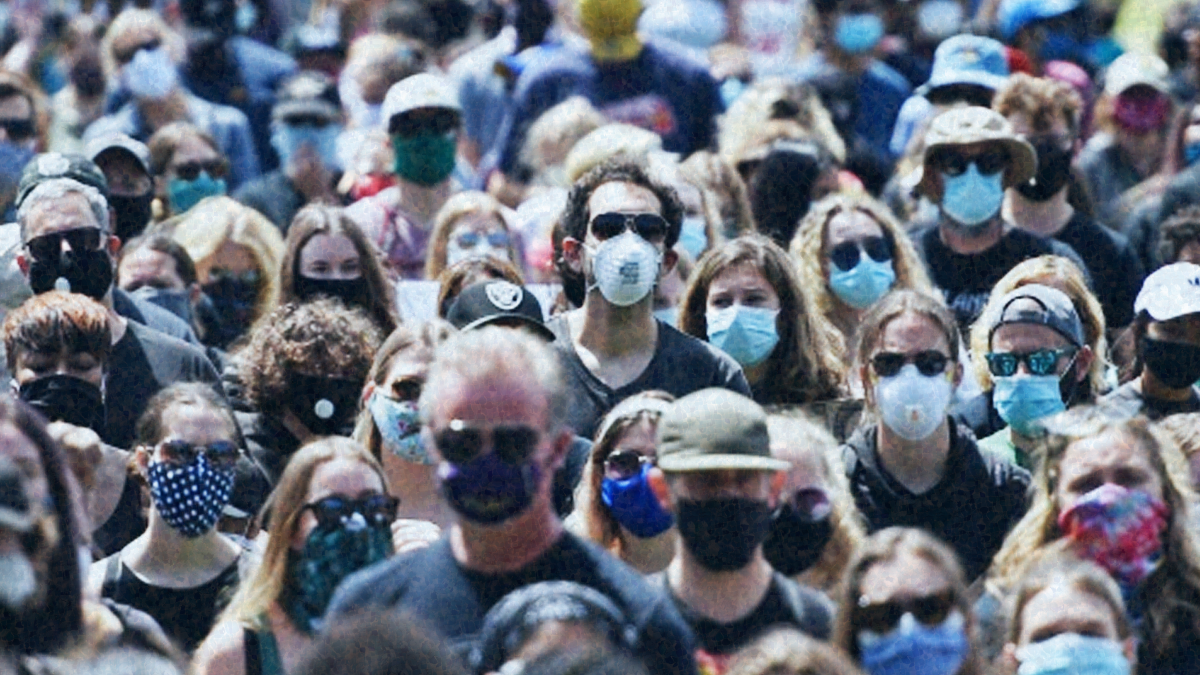Some people choose to support a leader based on charisma and charm (Justin Trudeau, Jagmeet Singh), others based on strong moral convictions (Catholics with Jason Kenney), others because of their experience and expertise (Thomas Mulcair, Stephen Harper) and others still because of their strength and forcefulness (Donald Trump).
While Conservative Party members are currently sitting at home with their ballots — which need to be mailed in any day now — it’s useful to think about the different tribes that support each candidate, and what their pathway to victory may be.
There are four main forces that drive support for a candidate, each with its own framework and rationale. These frameworks help form the backbone of arguments used by the various political tribes to increase support for their candidate. They are issues, values, electability and opposition.
Issues
The issues framework is the most straightforward in that it asks the following question: Do you have an issue or group of issues that is so important to you that a candidate’s support would automatically secure your vote?
This argument is both simple and effective. It offers an easy to understand value proposition, vote for my candidate and you are guaranteed they will advocate for X. Critics of the issues framework often frame those who use it as one dimensional. However it is important to remember while we may care about a number of issues equally, we may only be directly affected by a few of them. A steel plant worker in northern Ontario should not be shamed for spending more time thinking about the effects of globalization and free trade than the barber in downtown Montreal, even if both also care about the debt.
Values
A values framework is less focused on specific issues than an overarching ideology. Sometimes it is used by political tribes as an exemplar, allowing potential voters to understand how a candidate would approach a wide variety of issues without digging down into specifics. Other times it is used against candidates in conjunction with the issues framework to outline precisely how a candidate would not take action on a number of specific issues. This view is the ‘least political’ in that it stands in opposition to the electability framework by prioritizing principles over potential political wins.
Electability
An electability framework is focused strictly on the perceived electability of the candidates in question. An argument from this framework would say that Trudeau must be defeated in the next election no matter what, it is therefore incumbent upon party members to vote for the candidate who has the best chance of winning, even if their values or top issues differ from the voter’s. This view is problematic because it relies on three main assumptions.
First, it assumes that perceived electability is the same among all party members. The view of who is most electable in a general election varies from person to person. Second, it assumes that a candidate’s electability will translate directly from the leadership race to the general election. Third, it presupposes that a candidate’s electability is a fixed constant and is unlikely to change during an election. Many candidates have been felled by an “October Surprise” where a last minute scandal or long hidden piece of information is revealed shortly before election day.
Opposition
Opposition frameworks use elements of the other three to inform attack arguments where voters are encouraged by one or more political tribes to vote ‘against’ a particular candidate. The basic premise is that Candidate A risks damaging the party or has the wrong set of values. Voters must therefore choose another more palatable option to ensure that Candidate A does not gain leadership of the party, even if the remaining candidates are not so appealing.
These four frameworks can be seen — to varying degrees — in the various arguments being made the four Conservative leadership candidates and their political tribes of support. While each campaign has used elements of all the frameworks, some have chosen to build a large part of their candidate’s image around a one or two.
Peter MacKay’s team has relied heavily on the electability and issues framework. This can be seen by the way he has positioned himself as the candidate most likely to beat Trudeau in the next election, or his recent push to brand himself the “Jobs Prime Minister”, an important issue in a post-COVID world.
Erin O’Toole has also pushed the electability framework, albeit in a different manner than MacKay. He has continually reminded voters that he is a candidate who currently has a seat in the House of Commons — allowing him to challenge Trudeau in the house on day one — and supplemented that with elements of the values framework by holding himself out as the ‘true blue’ conservative candidate to contrast himself with MacKay..
Leslyn Lewis has used a mix of all four frameworks beginning with opposition by highlighting that she is not a career politician and can lead the party in a new and exciting direction if elected. This position has allowed her to then transition into other framework arguments as the opportunity presented itself.
Derek Sloan has framed much of his campaign around the values framework, positioning himself as a strong social conservative who will stand up for the rights of the unborn, get Canada out of the Paris Accord and lead the party in a strong conservative fashion.
Ultimately, each political tribe within the Conservative Party will have to make a decision on which candidate it supports, and which framework they feel best represents their interests.
As such, leadership races are not only interesting because they set the course for the future of the party (I.E. the NDP is markedly different now than it was under Alexa McDonough), they also show us democracy in action and how coalitions form to elect the people who lead our country. So if you haven’t already, take a few moments to fill out your leadership ballot, your vote may just be the one that helps chart the future course of the country.



























